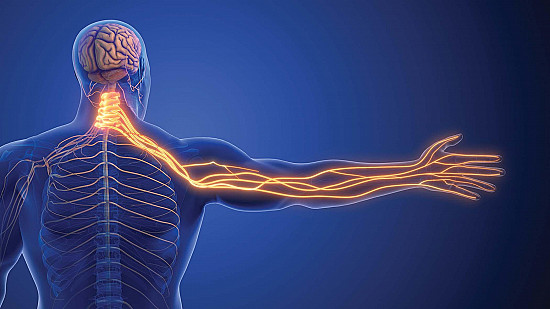Calcium scan concerns
Ask the doctor
I'm a 70-year-old man with no signs of any heart problems, and my blood pressure is low (110/70). I recently had a coronary artery calcium scan and received a score of 480. According to my cardiologist, that means I have a lot of plaque in my heart arteries. He increased the dose of my statin and recommended an echocardiogram stress test. The results showed no underlying heart issues, but I'm still concerned. How accurate are calcium scans?A score of 480 is indeed quite high, but the fact that your subsequent echo stress test did not uncover symptoms or evidence of any blood flow restriction to your heart muscle is good news. Your well-controlled blood pressure also bodes well for you. Increasing your statin dose is likely a good idea.
To continue reading this article, you must log in.
Subscribe to Harvard Health Online Plus (HHO+) to unlock expert-backed health insights, personalized tools, and exclusive resources to feel your best every day.
Here’s what you get with your HHO+ membership:
- Unlimited access to all Harvard Health Online content
- 4 expertly curated newsletters delivered monthly
- Customized website experience aligned to your health goals
- In-depth health guides on topics like sleep, exercise, and more
- Interactive features like videos and quizzes
- Members-only access to exclusive articles and resources
I’d like to subscribe to HHO+ for $4.99/month to access expert-backed content to help make smart, informed decisions about my well-being.
Sign Me UpAlready a member? Login ».
Disclaimer:
As a service to our readers, Harvard Health Publishing provides access to our library of archived content. Please note the date of last review or update on all articles.
No content on this site, regardless of date, should ever be used as a substitute for direct medical advice from your doctor or other qualified clinician.















